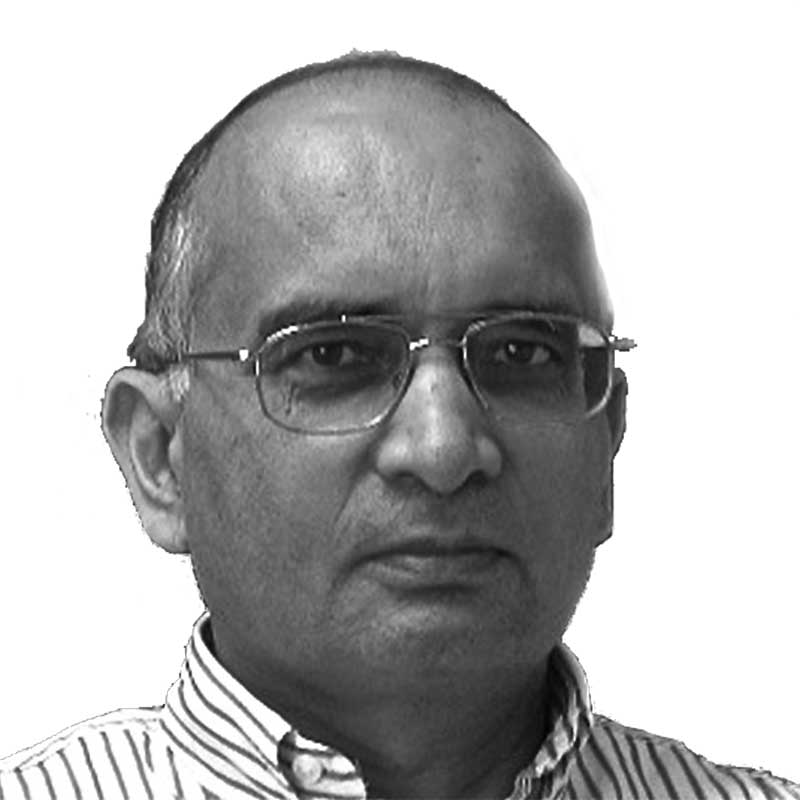
Meta
Ramesh Thakur
Ramesh Thakur is Professor in the Crawford School of Public Policy, Australian National University; adjunct professor, Institute for Ethics, Governance and Law, Griffith University, and editor-in-chief of Global Governance from Jan. 1, 2013. He began writing for The Japan Times in 1998 as Vice Rector of the United Nations University.
May 6, 2001
Apr 26, 2001
Mar 21, 2001
Mar 17, 2001
Mar 11, 2001
Jan 29, 2001
Jan 22, 2001
Jan 15, 2001
Dec 31, 2000
Dec 25, 2000
Nov 25, 2000
Nov 20, 2000
Sep 10, 2000
Aug 6, 2000
Jul 24, 2000














